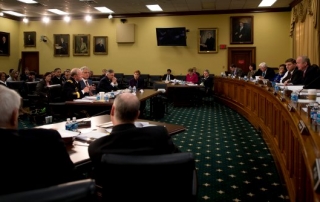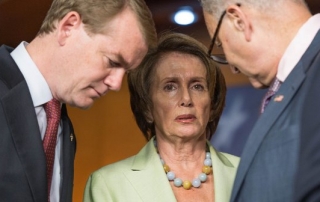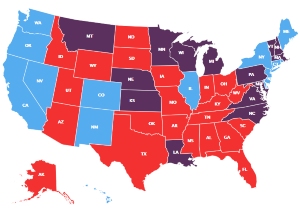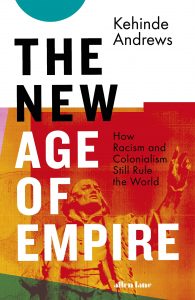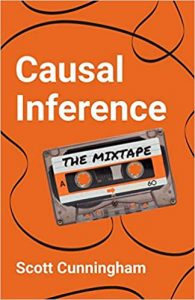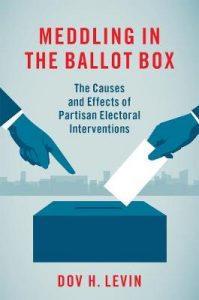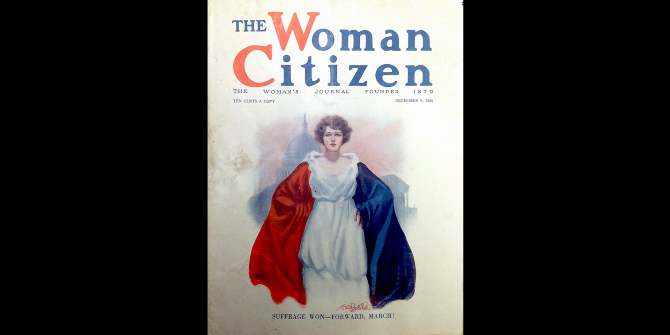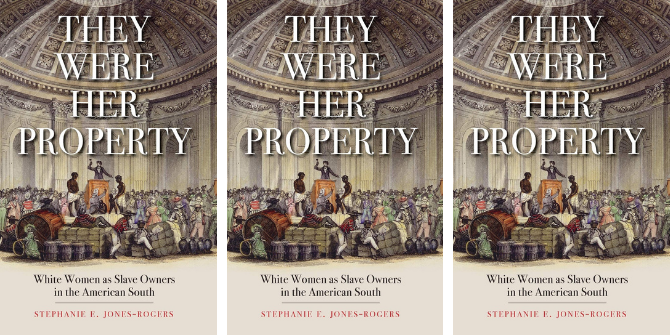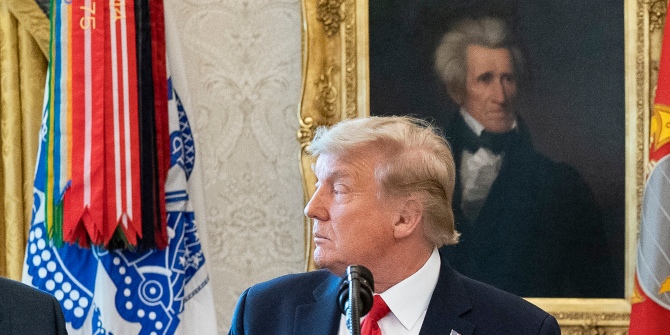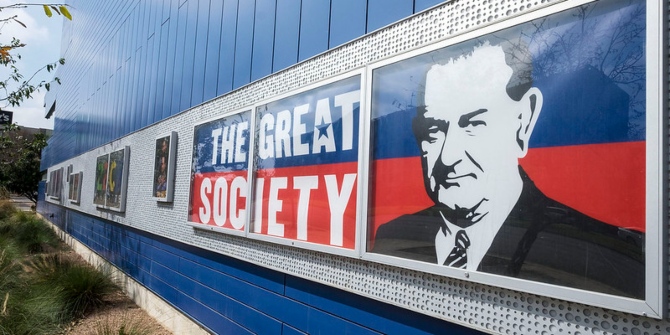Redistricting encourages more out-of-district contributions to Congressional candidates from individuals
Recent years have seen growing concern over the amount of money in US politics, especially from outside groups and political action committees. In new research, Michael H. Crespin and Barry Edwards focus on the group that actually provides the majority of donations to Congressional candidates: individual donors. They find that those on the highest incomes give the most, and […]



